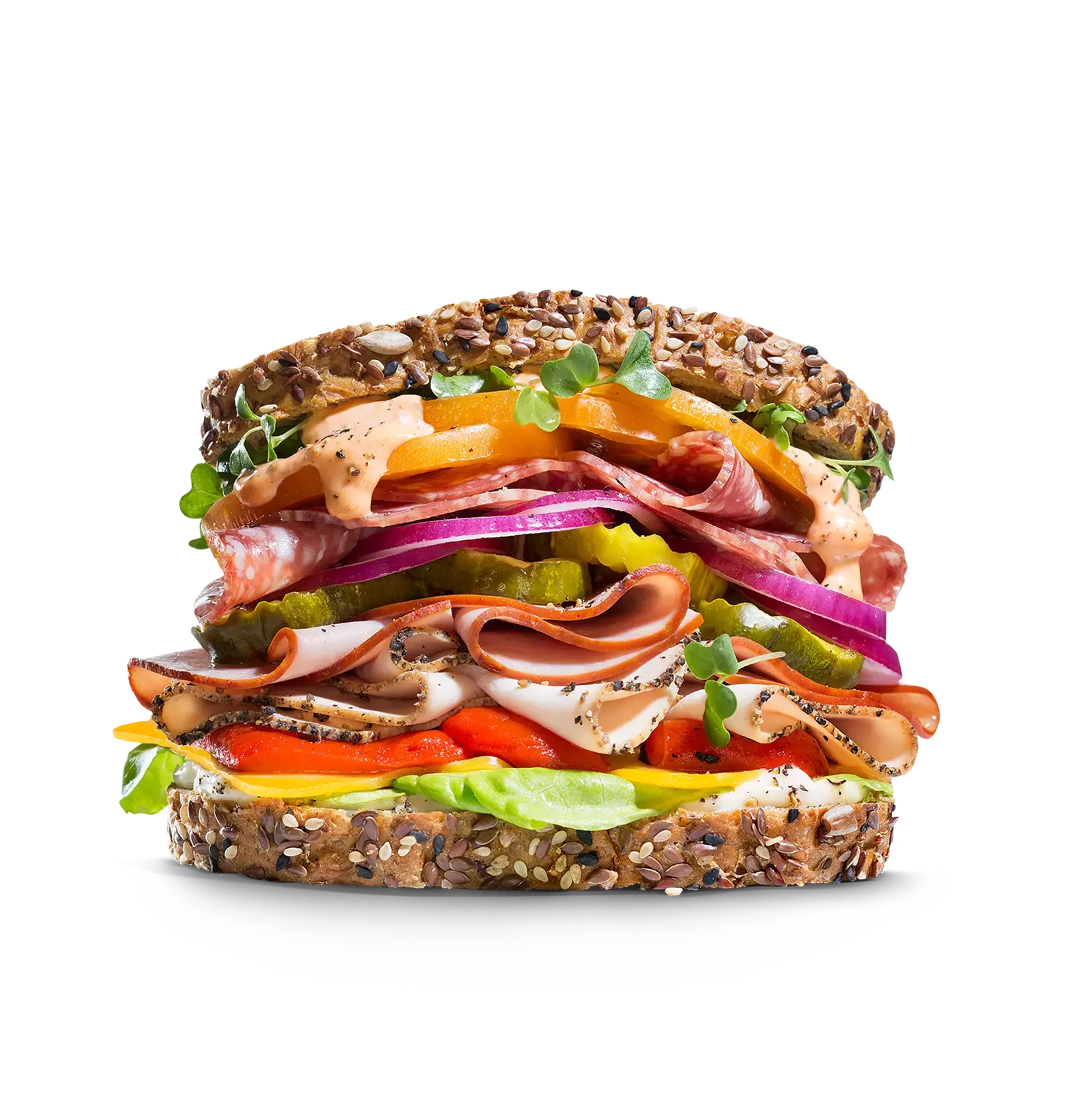The Challenges Facing Large Food Businesses
The Challenges Facing Large Food Businesses
The Challenges Facing Large Food Businesses
Jan 5, 2021
 Aptean Staff Writer
Aptean Staff Writer 
The food industry faces a broad set of challenges as we enter 2021 - but many of these challenges are unique to or more pressing for large food businesses. These enterprise-level companies are traditional powerhouses in their sectors, often operating internationally and holding widespread brand awareness.
But while they have this historic cachet, they are increasingly lacking in agility. As the industry faces up to a rapid pace of change, larger businesses may be more vulnerable. We take a look at what their biggest challenges are and how they can overcome them.
Are Consumers Drifting Away?
There is definitely a sense from some in the food industry that consumer demand is changing quicker than ever. While it’s difficult to know exactly what this shift represents in real time, key areas of change include:
A desire for healthier and more plant-based product ranges
Increased interest in sustainable products including vegan and vegetarian lines
More interest in buying within the local community
These trends are especially apparent in young adults - with research showing more and more space in millennials' shopping baskets is being taken up by products from small brands. Their motives for this will be varied, but it is a pattern larger companies need to pay attention to as the current generation of young adults grow their spending power.
And while the increase in food retail spending because of Covid-19 has temporarily halted the financial impact of this, there is an indication that if anything the pandemic has accelerated changes in demand from customers and foodservice businesses alike.
It’s always been true that larger food companies have been slower to adapt their production when new opportunities emerge than more agile smaller and locally-based producers. And this problem has been exacerbated in 2020 where uncertainty has lingered and big businesses have preferred to stick to their bread and butter lines.
But change will eventually be necessary for these companies across all parts of the food industry. Upstarts in every sector from fresh produce to beverages have shown their ability to capture a significant portion of the market through niche offerings. It doesn’t matter if their selling point is around health, sustainability or locality - they are thriving because they appeal to these newfound customer desires.
Large food companies don’t have this luxury of fully operating in a niche. Instead they must diversify their product ranges, and this is likely to be a defining challenge in the coming years. One method which is proving effective for many enterprises is to create their own start-ups under the umbrella of the larger brand. This way, more focus can be given to capturing previously out-of-reach portions of the market and becoming flexible enough to react quicker to new changes in demand.
Traceability
Traceability has been a big area of concern - especially for businesses operating globally - for a number of years, and the issue isn’t going away. Tightening food safety standards and regulatory headaches like those caused by Brexit are playing into it becoming an even more pivotal issue.
‘Farm to fork’ traceability is the aim for all businesses, but is very difficult to achieve without the right tools and investment. A large food manufacturer should have good visibility over their primary suppliers as a matter of course. It’s the second and third layer of the supply chain that pose greater problems for them. Tracing a safety issue back to one of these branches of the chain can be particularly problematic - with every hour of delay costly both financially and reputationally.
Smaller companies with no sprawling supply chains to manage are not under quite the same pressure to ensure visibility. But with the right technology infrastructure in place, global businesses can greatly improve their control over traceability:
Blockchain
Blockchain is an immutable and universal ledger of events. When used in food supply chains it means data can be instantly shared while still ensuring security.
GS1 standards
GS1 barcodes encode information like packaging date, lot number and net weight - helping businesses track each component of their products.
Trace & recall technology
If the worst happens and a safety breach necessitates a product recall, time is all-important. Technology that works methodically to speed up this process can be vital.
Sustainability
As well as being something driving a change in consumer demand, sustainability is also a wider priority for the food industry. The largest companies obviously make the biggest contribution to the industry’s carbon footprint - through farming methods, livestock-rearing and global distribution of products. But sustainability is about much more than just CO2 emissions. It’s about protecting the environment in other ways: reducing wastage, treating producers and consumers fairly and reducing packing materials or changing them for the better.
Smaller businesses are naturally more able to embrace sustainable practices, while larger enterprises naturally suffer from a drop in efficiency the bigger they become. But these companies can be part of the solution, and make a big impact in the fight against climate change by making sustainability a top priority. Producers can invest in regenerative farming, while businesses further up the supply chain can source more ingredients locally and overhaul their packaging process.
How Software Can Help Food Enterprises Adapt Faster
The common theme to all these problems that large food businesses face is a lack of flexibility to make the real changes that are required:
Adapting product lines to capture changes in demand is logistically challenging and businesses lack the data to make changes with confidence.
Integrating traceability aids like Blockchain and GS1 barcodes into a supply chain leaves businesses with fragmented technology stacks.
Companies lack the efficiency to take real steps towards sustainability.
This is where software built for large food businesses comes in. Integrated technology like Aptean’s solutions for Finance & Operations include:
Warehouse management: helps manage commodity flows in the warehouse with detailed insight at the pallet and location level.
Integrated Point of Sale: fully integrated into the Dynamics 365 platform, this allows continuous real-time administration and inventory management.
Omnichannel distribution: a hybrid type of distribution providing a huge number of order and delivery options.
Our industry-specific food and beverage solution, Aptean Food & Beverage ERP, brings all components of your business onto one platform. This provides users with a better quality of data to inform decisions and restructure production schedules, makes adopting new technology a smoother process and reduces wastage - along with many other benefits.
Get in Touch Today to Speak With an Expert in Your Industry
To grow your business, you need a food ERP built specifically for your industry challenges. We're ready to help—reach out today and we'll help you find the right solution.



